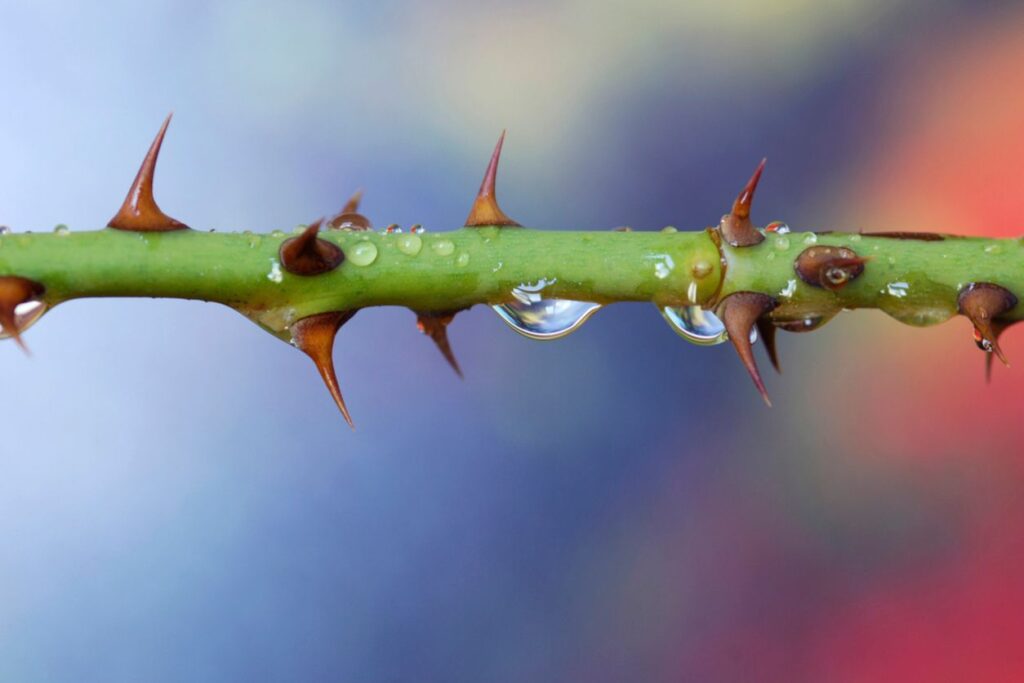Hi Everyone,
Over twenty years ago, I adapted the Estonian novel The Czar’s Madman for the screen. That particular adaptation, sadly, has never been produced, despite my being told by the author’s then agent that it was his favourite adaptation. As I see the tragic events continue to unfold in Ukraine, I am even more convinced of the genius of the novel’s author Jaan Kross, who I had the chance to meet. His handshake reminded me of the very real fact: giants do live amongst us.
The genius in The Czar’s Madman is the way in which Kross uses the fictional form to outline the crazymaking relationship that exists between Russia and its neighbours, now as in the past. As I adapted this work, slipped into Kross’s shoes so to speak, I viscerally felt the almost unbearable pathos of his life. As a young lawyer, he was arrested and imprisoned when the Soviets invaded Estonia. He prepared for his own hearing with the full expectation of a democratic, legal process and his release on unsubstantiated charges. To his naïve surprise, his trial was an open and shut case, no arguments, especially on his own behalf, and he was sent off to a gulag in Siberia, like many of his other countrymen and women.
I imagine that to Jaan Kross, coming of age in a self-ruled Estonian society, this result would have felt like sheer madness, and would leave anyone in the same circumstances reeling, fearing for their sanity, trying desperately to make sense of the bizarre turn of events. While working on this script I strongly felt that this novel, first published in 1978, was like a letter to the world beyond the forced labour camp, an attempt by a not so young Estonian to reach out to a free world in order to describe the insanity of a Russian occupation.
Given that Estonia only became independent in 1991, back in 1978 Kross still ran the risk of falling foul of the Soviet authorities, of censure, deportation, Siberia (again) – where I am told he learned his trade translating works of fiction – or even death by various means.
Hidden in this wonderful work of classic historical fiction is an allegory of Soviet oppression, as we delve into the very real life of nineteenth-century aristocrat Timo von Bock, his Estonian peasant wife Eeva, whom he educates, and her perceptive brother Jakob, who is along for the ride.
While it is impossible to do justice to Jaan Kross’s brilliant novel in a blog, perhaps this small soliloquy from my adaptation of The Czar’s Madman might convey some of his passion. It is a scene where Karl, Timo’s brother, hopes to marry Eeva after Timo’s death.
EEVA
Karl, what do you think of when you think of him? I see him. Proud. Dark, blue eyes. Impossible, his uniform, his shoulders. I see the horse, the fields, the first day we met. Do you know how tall he’s grown in a year? In another, Karl, you’d find the size of his shadow unbearable…you remind me of him. Your hair, your chin. You are his brother. But it would be irresponsible for me to let you go on hoping. EEVA pulls a twig from the thorn bush. Do you see this twig? You know, Timo wanted to be an iron nail in the body of the empire. Now and again, he needed strong words—and proved he had the right to use them. I’ve been thinking. Perhaps I, too, wish that I was – Do you know what they call this bush in Estonian? Sklavenrute. “The slave’s whip.” So I would like to be a slave’s whip in the heart of the empire, for as long as I live.As war wears on in Ukraine, and elsewhere, let’s hope and pray, but let’s remember action: to take action where and when we can, within the scope of our talents, like Jaan Kross, who spelled out for the world the madness of tyranny.
Wishing you an April full of sunshine, daffodils, perhaps a holiday even, but mostly the willingness to protest against cruelty wherever you may find it.
Love,
Photo by mvp64 | iStock
